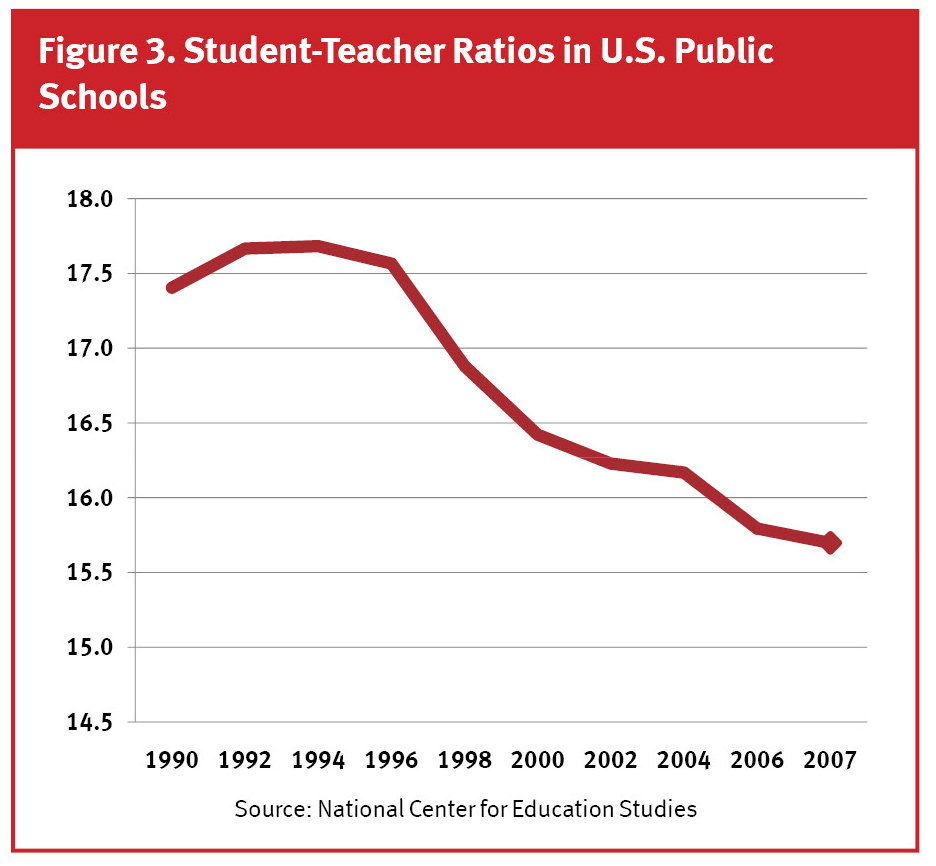Those who want to create a new, convoluted scheme to ensure that governments grab more revenues from sales made over the Internet are at it again. First, the Albuquerque Journal had this editorial and more recently it ran this opinion piece.
The problem is that sales made over the Internet ARE already taxed! It’s just that the Supreme Court has ruled in Quill v. North Dakota that state governments cannot force retailers located in another state to act as revenue collection agents for them. If you purchase something at Amazon.com, you owe taxes on that item and, at least in theory, the state can come after you if you don’t pay it.
What advocates of Internet taxation really want is far more complex than simply closing a loophole.
Where are the taxes charged and who collects them, the seller or the buyer? At what rate is the tax collected?
Even with computing technology, there are over 100 different GRT rates charged in New Mexico alone. Multiply that among the other 49 states — mostly far more populous than New Mexico — and keeping up with this and charging the right tax rate will be an accounting nightmare for businesses.
Governments have been the ones getting a free ride for too long. They’ve been able to bully local businesses into doing the dirty work of tax collection for them (at tremendous cost to those businesses). The Internet changes all that. This is hardly a “loophole.”
Lastly, while state government officials would have us believe that taxing Internet sales is a panacea for balanced budgets, the reality is that only 4.4% of total sales are made on the Internet, many of which are taxed. Slight revenue growth might occur if ALL sales were taxed, but at what cost to businesses and economic growth?

